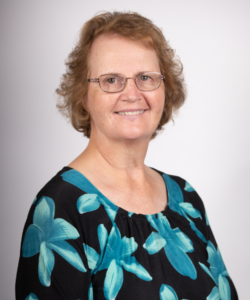Many people feel overwhelmed when getting a diabetes diagnosis and ask, “What can I eat?” or “What can I do to help manage this new diagnosis?”
There are several ways in which patients can make small changes to meals that can make a big difference in blood sugar results. Balanced meals with lean protein and small amounts of healthy fats, in addition to moderate carbohydrate intake, can significantly improve blood sugar.
It is essential to try to decrease the intake of fried and fatty foods, which raise blood sugar and may increase the risk of heart disease. Consuming more colorful foods, such as vegetables and moderate amounts of fruits, improves nutrition, provides vitamins, minerals and fiber, and contains healthy ingredients, such as antioxidants and phytochemicals, needed in small quantities for preserving cells and are anti-cancer.
There are also some ways in which physical activity can help control diabetes and other health issues. Walking can reduce the risk of osteoporosis, and using simple lightweights and bands can help maintain muscle tone. The benefits of healthy eating and activity changes can include improvements in weight, blood pressure, cholesterol, improved outlook on life, and decreased depression.
These changes to eating habits combined with moderate physical activity are the first two “prescriptions” for managing diabetes. This combination can improve the “A1c” level by up to 1%. A1c is the 3-month average of blood sugar measured by physicians and used to determine the best treatment for diabetes control.
Heathy changes to eating habits and physician-approved activity can make a significant difference to improve diabetes management and blood sugar control. Discussing these issues with your health care team would be an excellent start if you or a loved one are working to control diabetes.
For additional information about our office and providers, please visit University Diabetes and Endocrine Specialists.

Claire Dias, RD, CDE
About the Author: Claire Dias RD, CDE is a registered dietician and certified diabetes educator who provided services at University Diabetes and Endocrine Specialists but has since retired.